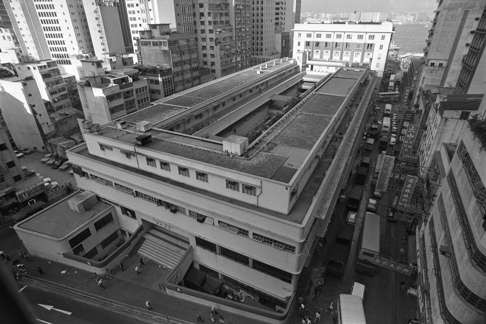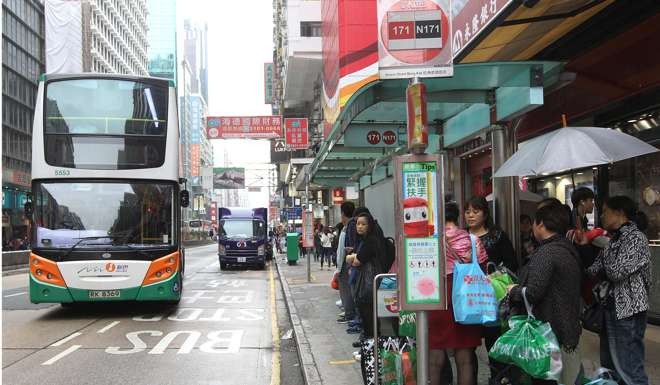
In can-do Hong Kong, a can’t-do government calls the shots
Peter Kammerer says we should keep in mind our officials’ record of delays and broken promises in urban planning – and political reform – particularly with the 2017 chief executive election looming
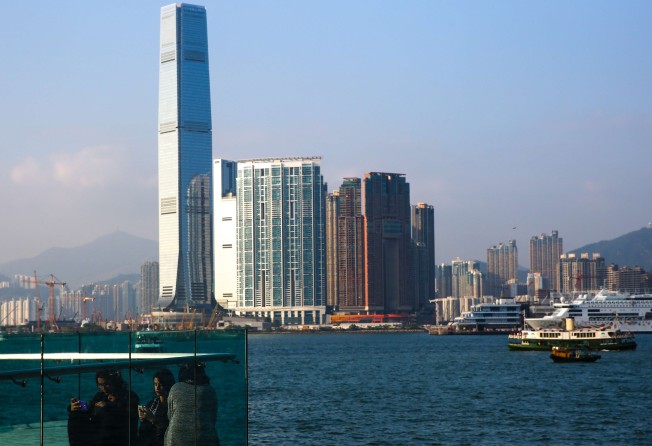
Vibrant, lively, chaotic, sophisticated; they are among the terms found in travel guides to describe Hong Kong. But what the eye sees on the street doesn’t apply to how the government responds to the needs of a city with a population of 7.2 million. Its oft-times glacial reaction, if at all, is in stark contrast to the noise, colour and energy. Little wonder that, among some people, there is dissatisfaction, dissent and even hostility.
This came to mind while waiting for a bus. We’ve got one of the world’s best public transport systems and it’s unusual to be standing at a stop for longer than a few minutes. But 15 minutes had passed and my legs were starting to ache; my thoughts turned to Chief Executive Leung Chun-ying’s promise in his last policy address in January to have seats installed at bus shelters. That was almost 10 months ago and I have yet to encounter even one.

It takes time to request funding, approve, design, order, manufacture and install. It’s unreasonable for me to expect action so fast. The subsidised colorectal screening tests pledged in the 2014 policy address only began in September with a pilot programme for those aged between 68 and 70. There are procedures, regulations and limited resources, so it’s wrong to expect words to be turned into action overnight.
But, having seen private developers quickly turn vacant land into bustling buildings in a few years, we know that the government is very capable of foot-dragging. Our tallest structure, the 112-floor International Commerce Centre, took just eight years to build. Yet 18 years after former chief executive Tung Chee-hwa raised the idea of the West Kowloon Cultural District, we’re still years away from an opening date, and there’s no certainty about a monorail for Kowloon East, first put forward in a blueprint in 2007.
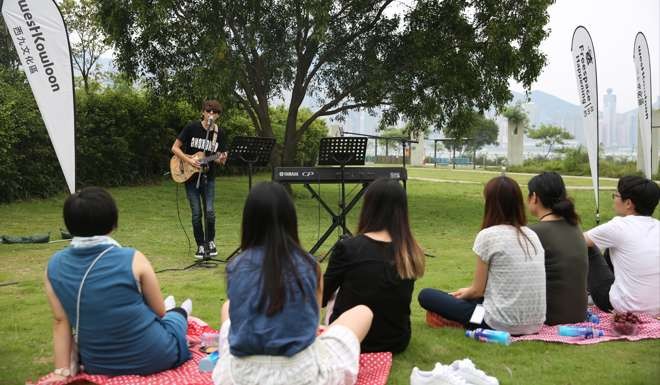
A monorail would seem to fit the idea of turning the rundown former industrial areas of Kwun Tong and Kowloon Bay into a modern business and residential zone with cutting-edge infrastructure. Walking the narrow footpaths around the Kwun Tong promenade or from the Kowloon Bay MTR to the MegaBox shopping mall highlights the public transport deficiencies of the area. But the 9km, 12-station overhead line that, in 2010, was suggested could open in 2023 at a cost of HK$12 billion hasn’t got past the consultation stage and would now need more than 50 per cent extra to construct. Perhaps it will never be built since the Sydney monorail shut down in financial disarray in 2013 after 25 years of operation and the economics of a street-level tram system makes increasing sense.
An unfulfilled promise that has me baffled is redevelopment of the old Central market; vacated in 2003, it could so easily have been turned into an oasis for Central’s office workers, yet has remained disused apart from a passageway and some shops. Wrangling over whether it should be pulled down and redeveloped or preserved was in part responsible, but the Urban Renewal Authority has also dithered over plans and costs. A decision in March put matters back on course, but there seems little excuse for so much time-wasting.
The same goes for household waste charging, recycling and construction of an incinerator. Hong Kong has serious problems with waste disposal, yet there seems little urgency about ensuring that we cut the amount of rubbish we produce. Fees and an implementation date have yet to be fixed for charging, recycling is little practised and the HK$19.2 billion incinerator to be built on Shek Kwu Chau off Lantau is mired in construction and environmental controversies; so much for the 2023 completion date.
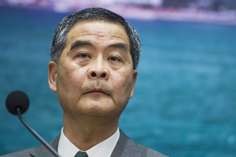
Governments and leaders have a habit of saying things to win over citizens, especially at election time. After the rhetoric of the US presidential race and with the 2017 chief executive contest looming, we need to think twice about believing what we are told.
Peter Kammerer is a senior writer at the Post
